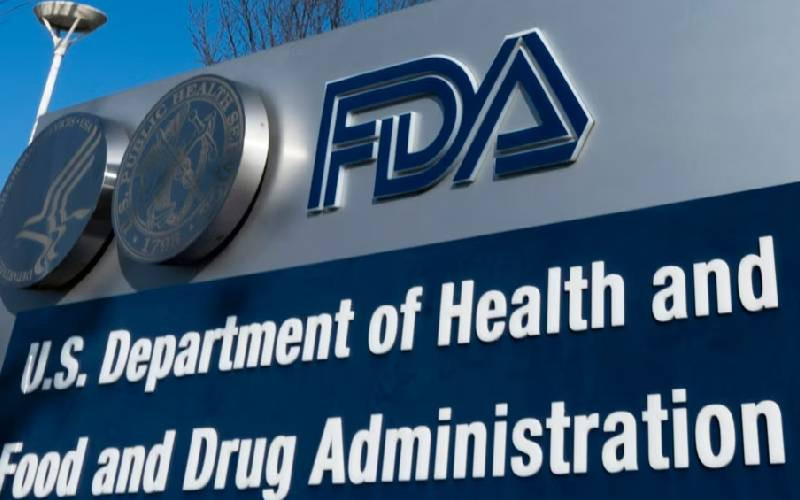
The Food and Drug Administration on Friday laid out a proposal to begin regulating laboratory medical tests, a multibillion-dollar industry that the agency says poses a growing risk to patients because of potentially inaccurate results.
The proposed rule would end decades of regulatory ambiguity and formally bring thousands of tests performed in large laboratories under FDA oversight. FDA Commissioner Robert Califf said the change will help ensure tests used to diagnose cancer, heart disease and many other conditions are safe, accurate and reliable.